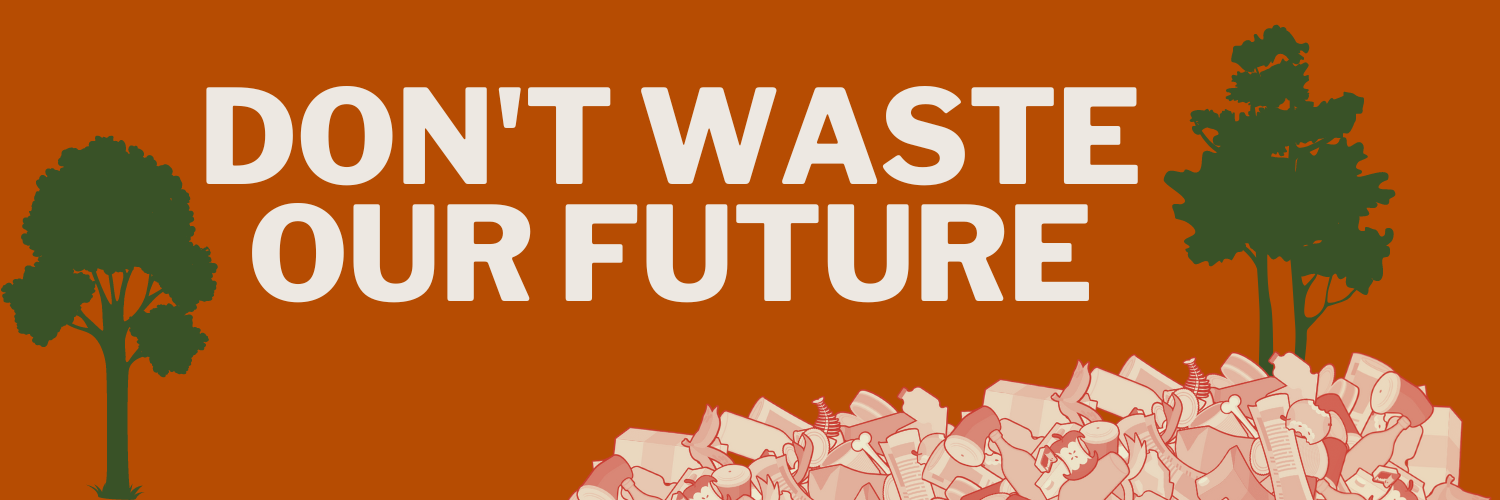New england states making moves on methane
New England States are Making Moves to Reduce Food Waste, Reduce Methane and Other Emissions from Landfills
Landfills are costly, emit one of the most potent greenhouse gases, and present many challenges to communities. The good news is there are proven, cost-effective policies that states and local units of government can implement that would significantly mitigate methane emissions from landfills; reduce harm to communities; and create jobs, food security and local economic growth. Organic waste diversion is a cornerstone policy because it’s about keeping waste out of the landfill in the first place, which avoids methane creation and all sorts of other problems The Harvard Center for Health Law and Policy Innovation has an excellent primer on how to design policies that get to the root cause of our landfill problem.
Years ago, New England states like Vermont saw some of the first organics diversion legislation in the country, as well as rules for large waste generators and other policy actions to address food waste. It’s not surprising when you consider that landfilling is more expensive where there is a higher cost for land and relative lack of land availability. New England has also been home to some fierce and effective advocates, like MassPIRG and Clean Water Action. And now there’s a new crop of actions in New England that deserve the spotlight — here are just a few:
Connecticut
Connecticut has a sizable shortfall in landfill space, meaning 40 percent of state waste needs to be shipped out of state for disposal which is even more costly. And let’s remember: the same organic waste that is creating potent methane emissions makes up a whopping 41% of Connecticut’s landfill trash. There are many better uses of tax dollars than landfilling organic waste and Governor Lamont is all over it, stating, “Rather than a problem, this is an opportunity to reimagine our waste infrastructure and waste capacity in a manner that is in line with our state’s waste diversion goal and our environmental principles, and can also save residents’ money when realized at scale.“ Lamont’s 2023 legislative proposals to realize this vision related to organic waste include:
-Universal access for all residents and businesses to curbside recycling and composting by 2028.
-Updating the fee structures and strengthening requirements on commercial generators of waste.
Lamont also proposes doing an RFP for more waste infrastructure which could be a step backward if the state simply reverts back to the trash-to-landfill/incinerator status quo, or could be a step forward, if it invests in recycling and composting.
New Jersey
There are several exciting policy proposals at the state legislature in New Jersey including:
Better food labeling to reduce food waste: According to ReFed, New Jersey’s discarded food costs $10 billion a year. With 9.2 million residents in New Jersey, that breaks down to about $1,080 per person! This bill would make food labeling more clear so that consumers understand what food is safe to eat and don’t unnecessarily trash food.
Reducing organic waste in landfills: In late February, NJ Senate Environment Committee advanced a measure that would reduce organic waste in half by 2027 and 75% by 2032, through regulations that the state would promulgate to achieve those targets.
Enabling schools to share compost food waste with other schools that can compost it. There are 600 school districts in New Jersey, and one district alone makes 623,00 pounds of food waste in one year, according to an Extension staffer.
New York City
New York City is not only part of the worldwide group of climate leaders known as the C40, but it also signed onto a Zero Waste pledge, pledging to
Reduce the municipal solid waste generation per capita by at least 15% by 2030 compared to 2015
Reduce the amount of municipal solid waste disposed to landfill and incineration by at least 50% by 2030 compared to 2015, and
Increase the diversion rate away from landfill and incineration to at least 70% by 2030.
But the actual track record of the city has been uneven at best, with molasses-like progress, including organics diversion for certain commercial entities.
Advocates like WE ACT, Transform Don’t Trash, National Resources Defense Council (NRDC), GrowNYC and many more have been working for years and years to reform the city’s waste system and enact zero waste policies, including equitable access to organics diversion and composting city-wide, benefiting those disproportionately impacted by toxic waste. Currently at play:
The city council is considering several zero waste bills, including organics related policies such as: Establishing curbside collection for residential buildings and universal residential composting, with outreach and education.
Mayor Adams’ proposed voluntary city-wide composting collection by the end of 2024, calling for 90% collection of organic waste by 2030 (I’m noting that experience in other cities has shown mandatory programs are more successful than voluntary programs).
Our trash problem is by its very nature overwhelming, with many intervention and mitigation points, none of which are perfect. Looking at these New England states is a great example of how progress can be made in the short term and helps us to imagine what effective, comprehensive policies could look like nationwide. Even in states that are grappling with the problem, policies could be more ambitious and learn from studies on effectiveness, but the forward momentum in New England is a bright spot in this often ignored problem.
